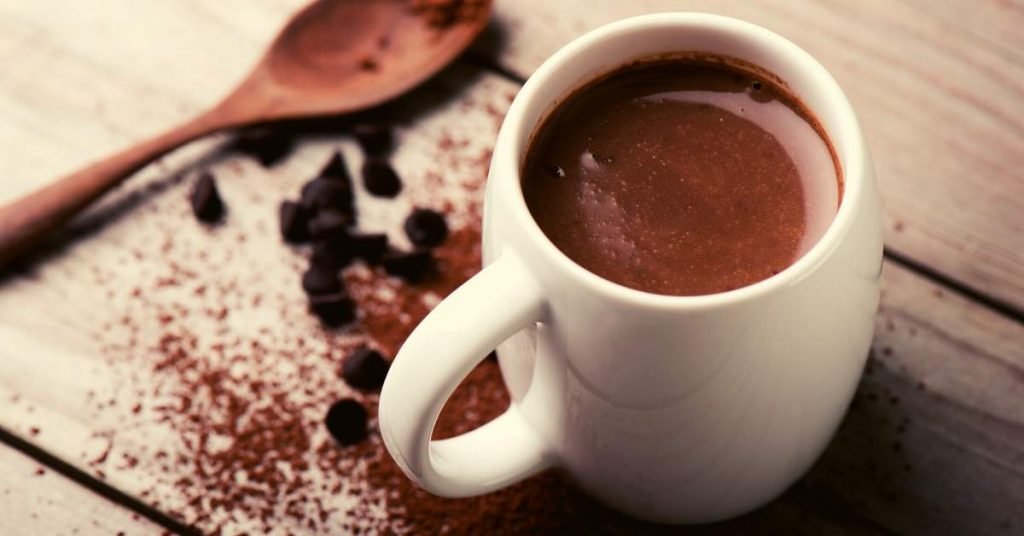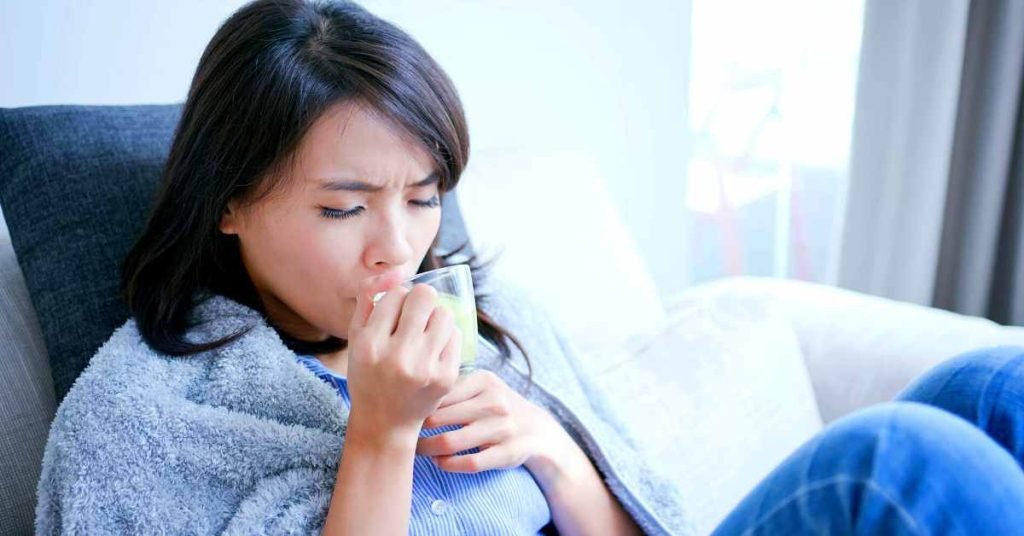It has long been known that infusions possess properties to stimulate blood flow and relax the musculature.
Menstrual cramps are actually contractions of the uterus to detach the endometrium, this thin membrane that protects the menstrual bleeding each cycle until the time of the period.

As a general rule, cramps tend to vary from menstruating bodies and at different times of life: it is even possible that with age and pregnancy, cramps decrease in intensity or discomfort.
While there are many methods to regulate menstrual cramps (such as physical activity, placing a warm seed cushion on the abdomen, etc.), herbal teas often provide a sense of well-being, relaxation, and comfort. It has long been known that herbal teas have properties to stimulate blood flow and relax the musculature.
This has a positive impact on the menstruating body, as it helps to relax the uterine musculature, decreasing the intensity of the contractions that are affecting the period.
What Infusions Are Recommended to Calm Menstrual Cramps?
As mentioned, infusions have beneficial properties to regulate discomfort in the body. Here is a list of infusions that are ideal for calming menstrual cramps:
Chamomile
It is true, this infusion is a classic for all ailments. It is a relaxant and anti-inflammatory, so drinking an infusion of chamomile will reduce the intensity of the pain.

Ginger
This tubercle has analgesic properties, reducing pain, inflammation, and fatigue.
Raspberry
These fruits help reduce inflammation and pain of different types. Raspberry infusion is often recommended to soothe menstrual cramps.
Hot Chocolate with Oregano
It is not infusion, however, it is an incredible option to reduce pain and inflammation.

Cinnamon
Reduces spasms and pain. Just add a stick to a cup of boiling water and let it steep for five minutes.
No content on this site, regardless of date, should ever be used as a substitute for direct medical advice from your doctor or other qualified clinicians.
MEDICAL DISCLAIMER
Itsnevernotteatime.com cannot and does not contain medical/health advice. The medical/health information is provided for general and educational purposes only and is not a substitute for professional advice.




